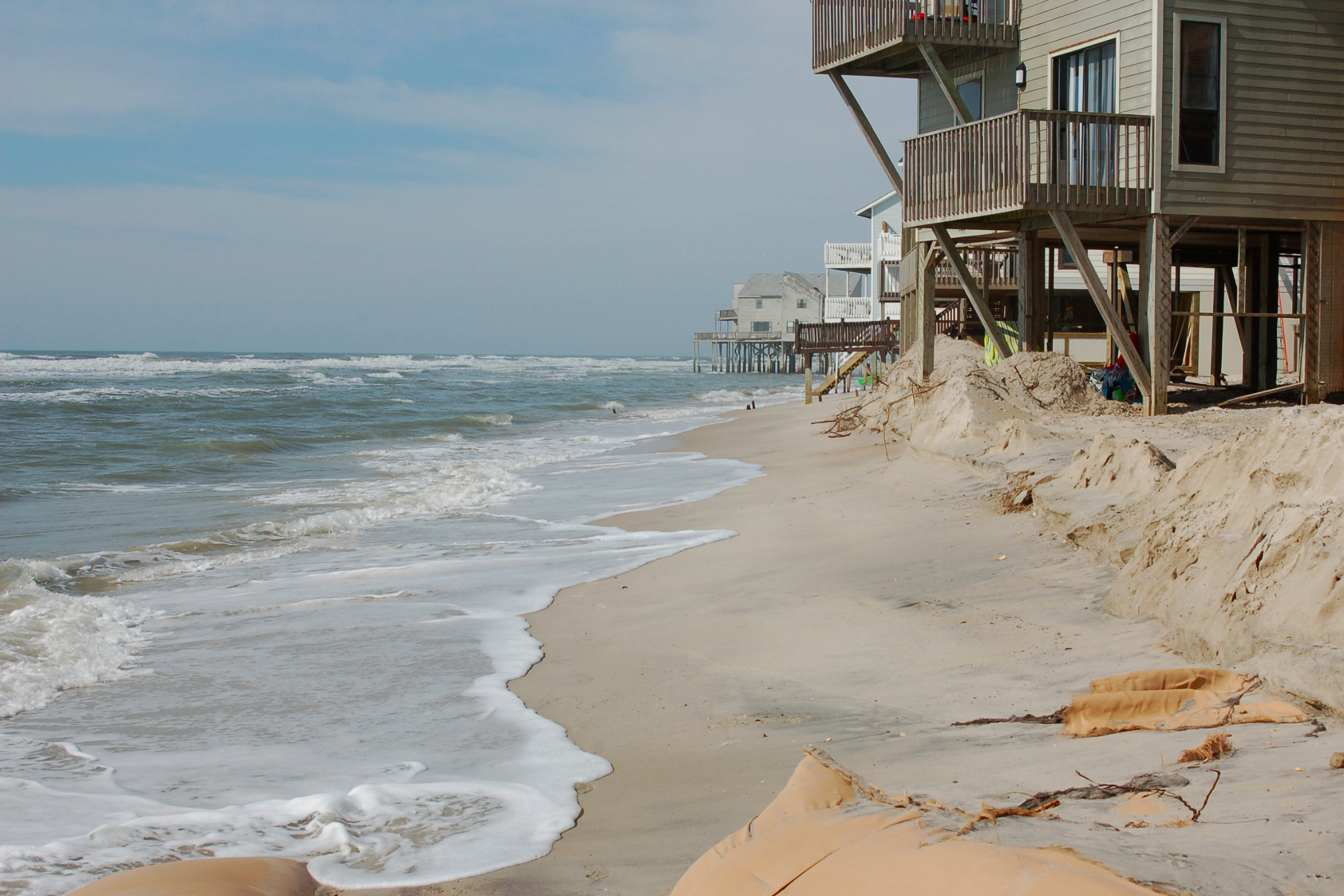With support from the New Jersey State Policy Lab, the New Jersey Climate Change Resource Center Climate Corps conducted research to better understand how flood buyback and managed retreat programs are organized and administered nationwide. Today, we are releasing the report, Leading Practices for Proactive & Equitable Property Acquisitions to Enhance Climate Resilience: A Report on Best Practices in Managed Retreat, written by Garin Bulger and Kathyrn Balitsos.
Managed or planned retreat is a climate change adaptation strategy that allows the shoreline to advance inward unimpeded, necessitating the removal of buildings and other built infrastructure. To facilitate managed retreat efforts, government programs acquire lands and properties, including those damaged by climate events and natural disasters or prone to future damage due to sea-level rise, storms, and storm-related flooding. In New Jersey, the Blue Acres program seeks to make communities more resilient through the state-led acquisition of flood-prone properties.
This research effort entailed examining experiences in other states, conducting a literature review, reviewing case studies, and interviewing key stakeholders. Key findings of the report indicate that:
- An equity framework is valuable in guiding the managed retreat process;
- Buyout programs benefit from local, dedicated funding;
- Updated flood maps serve as a critical tool in development decisions;
- Although most flood buyback programs are voluntary, at least one program was mandatory.

